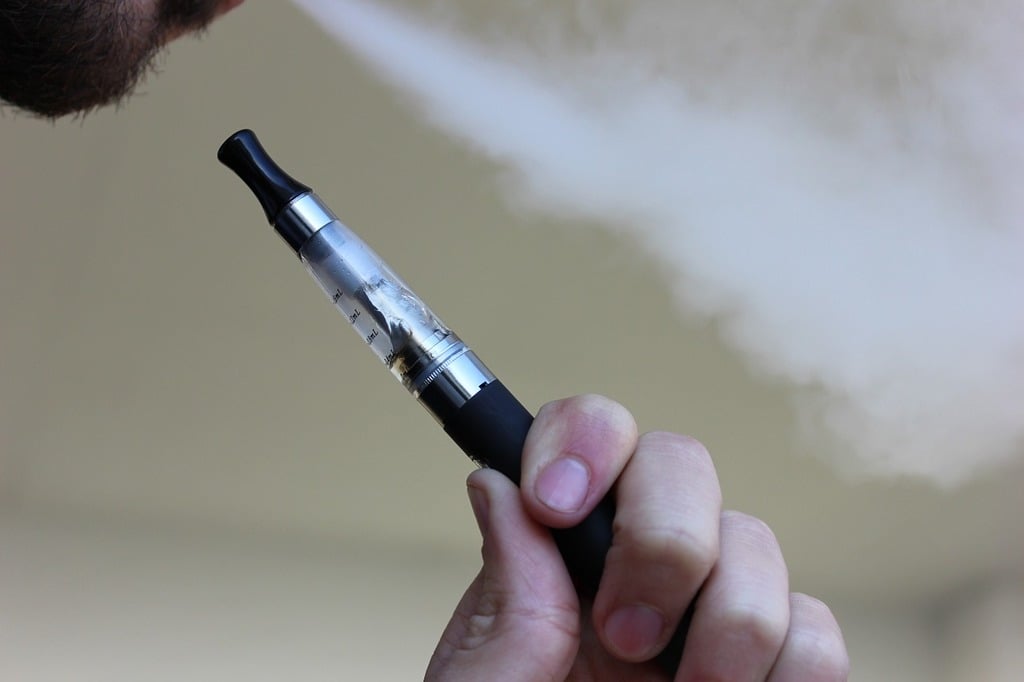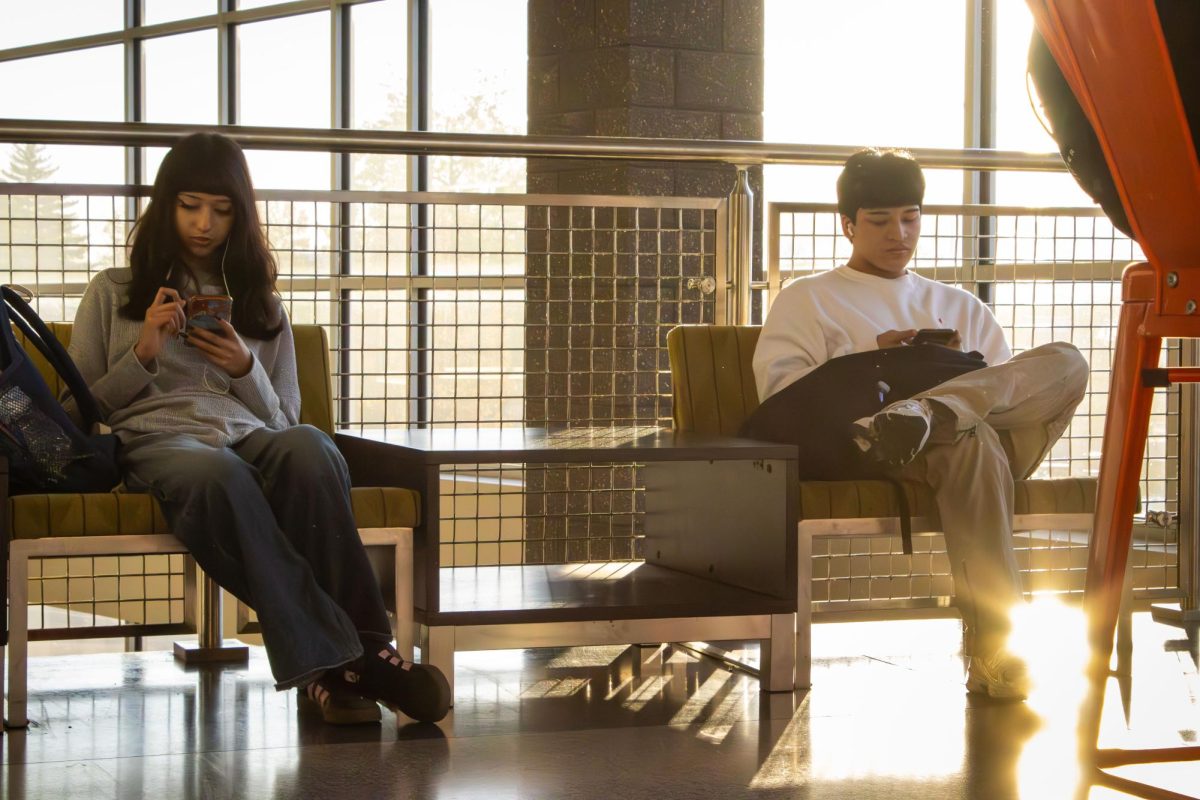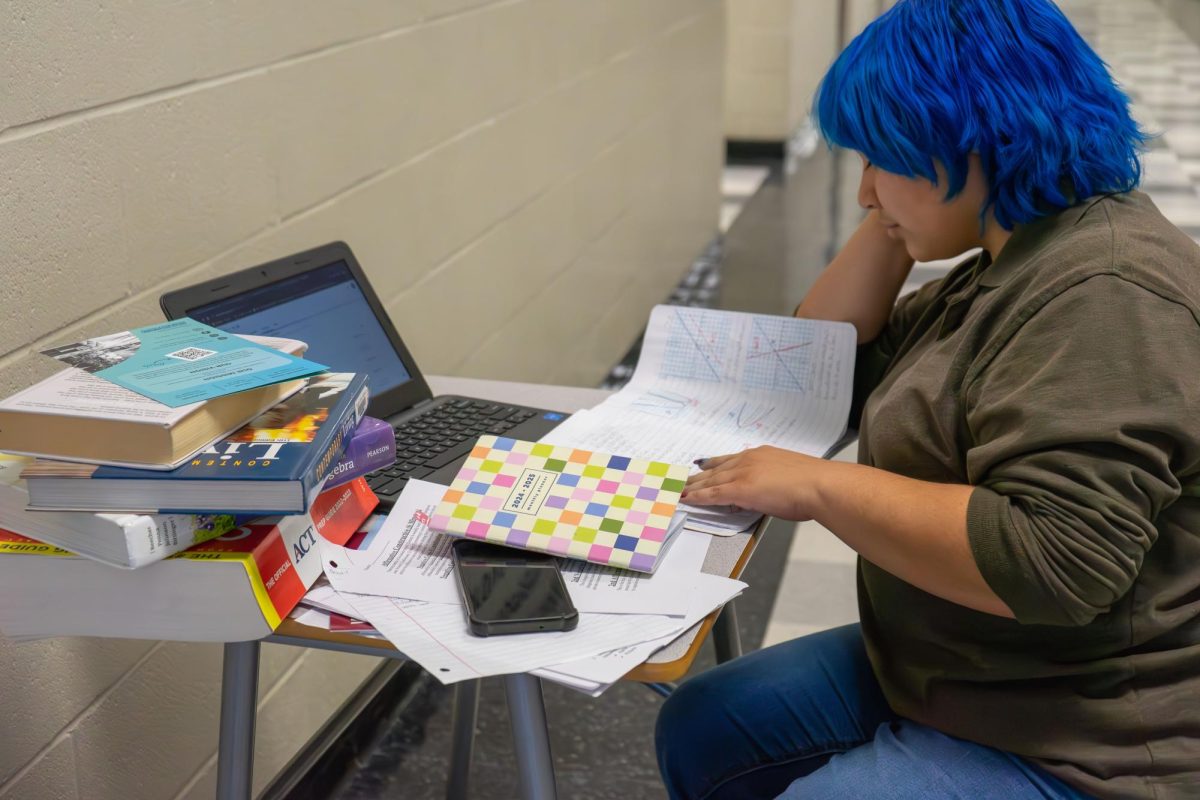Can you take a second and imagine how it would feel to start your period for the first time, or unexpectedly, and you go into the bathroom to grab a tampon from the dispenser, only to discover that they are completely empty?
At Heritage High School, girls can expect nothing more than an empty dispenser in the bathrooms. While the counseling office and the nurses’ office have tampons available to students in need of them, there still needs to be tampons in the bathrooms for reasons like anxiety, accessibility, and emergencies and the ones that are provided aren’t great quality.
“I think that if we want to make sure kids feel safe and belong in school, we have to create access to simple things like menstrual products. I do believe that there is a law in place now that Arkansas public schools and open chartered schools are to have free menstrual products available to students,” said Ashlye Pool, administrator.
Arkansas Act 933 says that schools, K-12, and local boards of education are required to provide period products in restrooms of Title 1 schools at no cost to students. Arkansas Act 933 allows public schools and open-enrollment public charter schools to use the funding to provide period products at no charge.
Yet the Heritage bathrooms still lack menstrual products that are readily available to students.
“No one likes dealing with their period, especially if it happens unexpectedly in public. People who menstruate, especially those who are young, should have a safety net. [Tampons] are [accessible to low- income families], but they’re not at the same time. I know the nurse and the counselors’ office have period products that students can just take, but for one, not everyone knows about that, and two, they might feel uncomfortable or embarrassed doing so,” said Tate Hernandez (11).
Even when products are stocked in the bathrooms, they are comparable to the quality of sandpaper. While there are underlying issues, like funding, behind the lack of tampons and poor quality of the ones provided, there still needs to be more funding or more regulation done to improve this.
“I think that we should have free period products in school bathrooms. There are a lot of girls that get their period unexpectedly and it would be great to have that resource. I have noticed that there are rarely any period products in the dispensaries, and even when there are some, it’s super cheap,” said Angelina Garcia (11).
However, accessibility in schools isn’t the only concern. There are also concerns that low-income families don’t have enough accessibility either. Tampons should be federally regulated like other toiletries.
“I think period products should be free for everyone. A decent-sized box of products is about $9-$13. Some people say that free products would be too expensive for the government or that they’re a luxury. Toilet paper and hand soaps are federally regulated, so period products can be too. And they’re not a luxury,” Hernandez said.
Tampons are expensive on their own, with inflation, COVID, and other individual family issues, the price of them has only gone up. Students should not have to worry about whether or not they have basic necessities, like tampons or pads.
“I do not think that menstrual products are easily accessible to low-income families, especially with the rising price of groceries in recent years. I think that the lowest quality of products is an accessible option, but I do not know if that is necessarily right or fair for a person who biologically cannot control their cycle. These products are also not covered through government support because they have to be refilled regularly, which makes them expensive. But if families are struggling to afford them on their own…Make it make sense?” Pool said.
Even with the efforts of staff and other officials, periods are still a touchy subject and not entirely acceptable to talk about, so it makes it challenging, but still not impossible.
“There is still a lot of work to do when it comes to stuff like this. Periods are not a socially acceptable thing to talk about in general, so that makes it more difficult to communicate and raise awareness on where to locate these products across campus,” Pool said.






